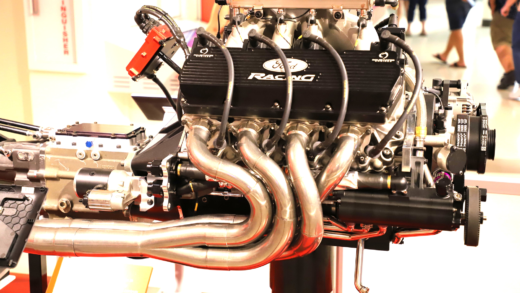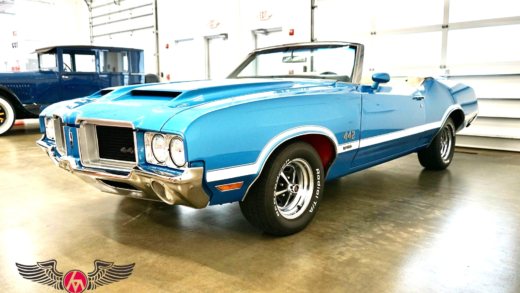Buying used rental cars can be a savvy financial decision due to their affordability and reliability. However, potential buyers should be aware of the drawbacks, such as hidden issues and higher mileage. Thorough inspection is crucial to ensure the vehicle’s condition and maintenance history are satisfactory.
Benefits of Buying Used Rental Cars
Used rental cars are a smart choice for many buyers. They come with a range of benefits that make them appealing compared to privately owned cars. First and foremost, affordability is a major advantage. Typically, used rental cars are priced lower than their privately owned counterparts. This price reduction can be attributed to the fact that rental companies often sell their vehicles after a few years of use, making them a cost-effective option for budget-conscious consumers.
Another key benefit is reliability. Rental companies maintain their vehicles rigorously. They perform regular maintenance checks and repairs to ensure their fleet remains in top condition. This means that when you buy a used rental car, you are more likely to get a vehicle that has been well cared for. Plus, rental cars often come with a detailed maintenance history, allowing you to see exactly what has been done to the car over its lifespan.
- Affordability: Lower prices compared to private sales.
- Reliability: Regular maintenance and repairs by rental companies.
- Variety: Access to a wide range of models and features.
- Warranty: Many used rental cars still have existing warranties.
Furthermore, buying from a rental company can often mean more options. Rental fleets usually include a variety of makes and models, so you can choose a car that fits your needs perfectly. Lastly, many used rental cars come with existing warranties, offering peace of mind for buyers.
Drawbacks of Buying Used Rental Cars
While used rental cars offer several advantages, there are also notable drawbacks to consider. One major concern is the potential for hidden issues. Even though rental companies maintain their vehicles, some problems may go unnoticed. For instance, certain cars might have been involved in minor accidents or have underlying mechanical issues. It’s essential to be cautious and conduct thorough inspections before making a purchase.
Another drawback is the maintenance worries that can arise with used rental cars. Although they are generally well-maintained, the wear and tear from frequent use can lead to issues that might not be immediately apparent. For example, the suspension and brakes may require attention sooner than expected due to the vehicle’s high mileage from rental usage. Buyers should be prepared for possible repairs that could add to their expenses.
- Hidden Issues: Potential mechanical problems that may not be immediately visible.
- Maintenance Costs: Higher likelihood of repairs needed sooner than with privately owned cars.
- High Mileage: Used rental cars often have more miles on them compared to personal vehicles.
- Previous Usage: Cars may have been driven by multiple users with varying driving habits.
Lastly, the high mileage common in used rental cars can impact their long-term reliability. Rental companies typically sell cars after a few years of service, which can mean that these vehicles have accumulated a significant amount of miles. This factor can lead to a greater risk of issues developing down the line. Thus, it is crucial to weigh these drawbacks against the benefits before deciding to purchase a used rental car.
Inspecting a Used Rental Car
When it comes to buying used rental cars, thorough inspection is non-negotiable. The first step is to check the vehicle’s maintenance history. Rental companies usually keep detailed records of their vehicles’ servicing, which can give you insights into how well the car has been maintained. Look for any major repairs or recurring issues that might hint at future problems.
Next, pay close attention to the car’s mileage. Generally, used rental cars have higher mileage than privately owned vehicles, often averaging between 30,000 to 60,000 miles within a few years of use. While high mileage isn’t necessarily a deal-breaker, it can influence the car’s longevity and maintenance needs.
- Exterior Inspection: Look for dents, scratches, or signs of rust. These can indicate how well the car was cared for.
- Interior Condition: Check for any signs of wear and tear inside the vehicle. Rental cars often experience heavy use, so inspect the seats and dashboard for damage.
- Test Drive: Always take the car for a test drive. Listen for unusual noises, and pay attention to how the brakes and steering feel.
- Fluid Levels: Check oil, coolant, and brake fluid levels. Low levels can indicate neglect or potential problems.
Finally, consider having a trusted mechanic inspect the car before purchasing. This can reveal hidden issues that you might overlook. Remember, the goal is to ensure you’re getting a reliable vehicle without unexpected costs. Skipping this inspection could lead to regrets down the road.





Comments are closed.